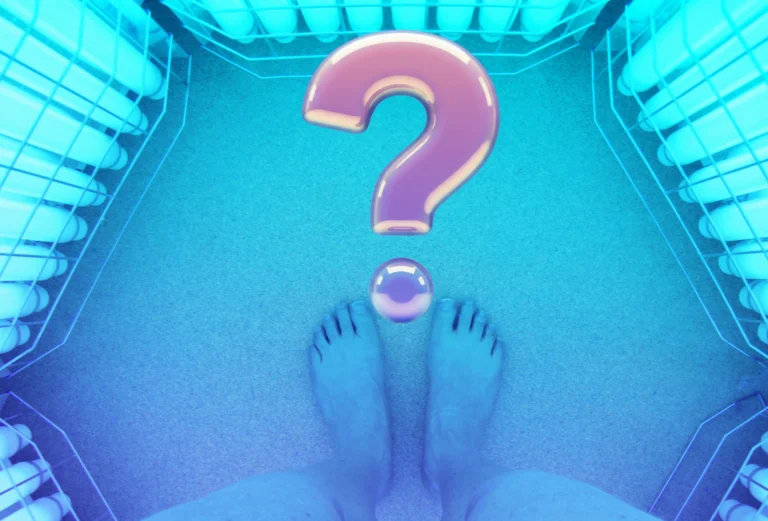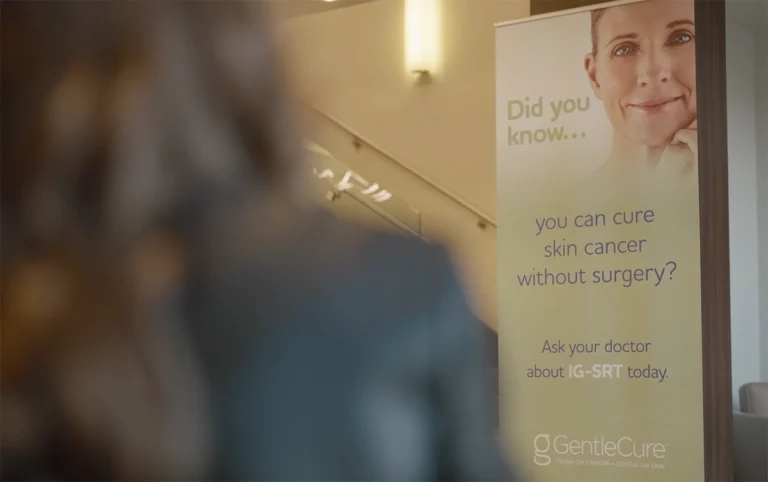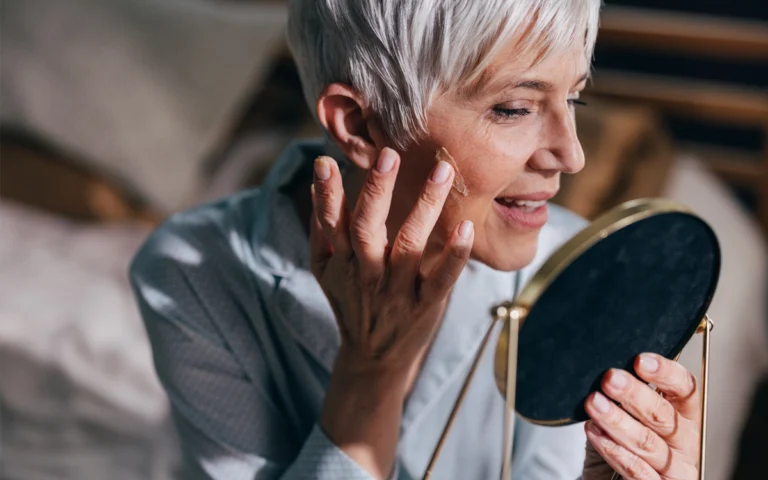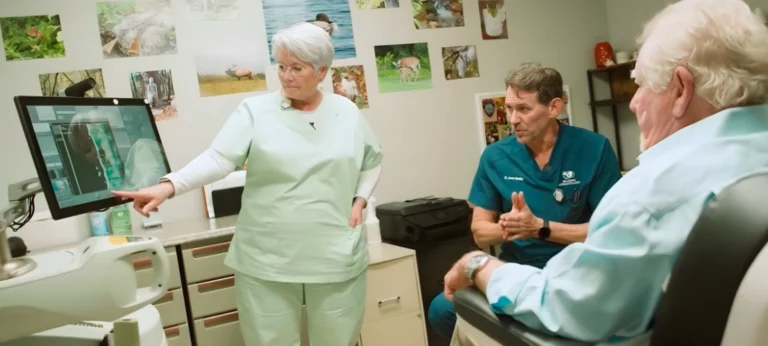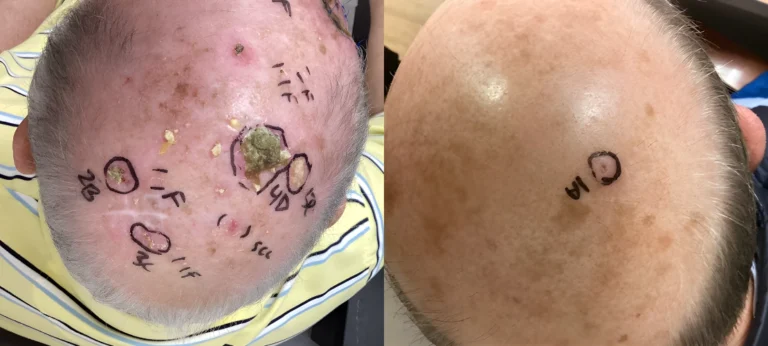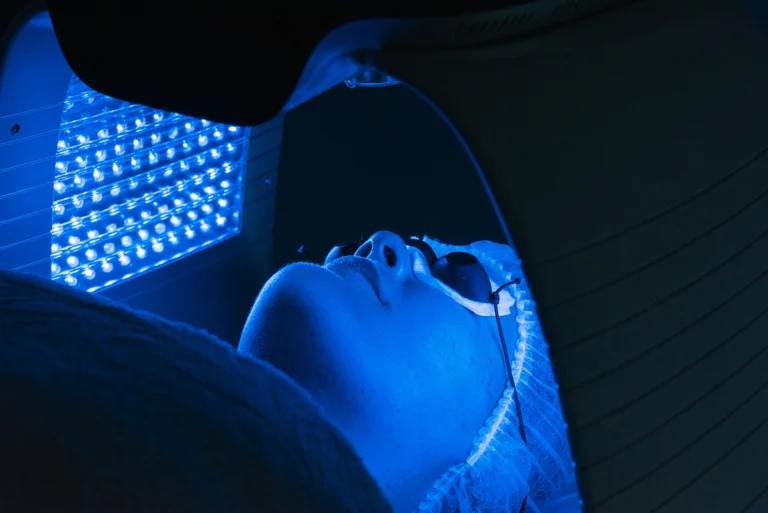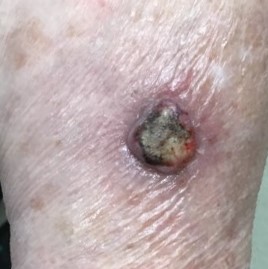
The skin on your arms is more likely to see excessive sunlight than other parts of the body that are typically clothed, making your arms more susceptible to skin cancer. If you’re not sure how to spot skin cancer on arms, or wonder what skin cancer feels like on your arm, we can help. Use the early warning signs below to stay on top of your skin’s health.
Types of Skin Cancer on Arms
Skin cancer presents in three different types: basal cell skin cancer, squamous cell skin cancer, and melanoma. Basal and squamous cell skin cancers are considered non-melanoma skin cancers and are typically easier to treat than melanoma. All three types can develop on the arm.
Why is skin cancer on arms common? Sunlight and ultraviolet (UV) rays are the biggest cause of skin cancer, and since arms are more likely to poke out of t-shirts and dresses, they become more vulnerable to damage. Even though you may slather on sunscreen at the beach or by the pool, many of us forget to apply during everyday exposure; sunlight is harmful year-round, while sunscreen use is more frequent in summer.
What Does Skin Cancer Look Like on Your Arm?
Depending on what kind of skin cancer you’ve developed, you may see different early warning signs. Here is how to spot skin cancer on arms:
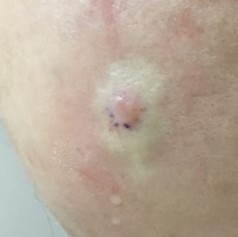
For basal cell skin cancer, be on the lookout for:
- A sore that refuses to heal
- A scar-like lesion that may be brownish, reddish, or similar to your skin tone
- A waxy, pearly bump
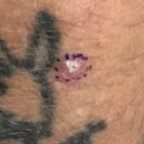
For squamous cell skin cancer, watch for:
- Scaly, crusty lesions
- Firm red nodules
For melanoma, keep an eye on:
- A mole that changes in size or color
- Lesions with irregular borders that are pinkish white or blackish blue
- Lesions that itch or burn
- A dark brown speckled spot
Any of these visual clues could point to a form of skin cancer. Should you notice an abnormal development on your skin, it’s important to have it checked by a dermatologist, as early detection is one of the defenses against the disease.
What Does Skin Cancer Feel Like on Your Arm?
Skin cancer lesions are not often painful, but some of the side effects such as bleeding or pussing can cause discomfort. Most sores are more irritating than anything else, though your skin cancer on your arm may feel:
- Scaly or crusty
- Dry or flaky
- Sensitive or tender
- Bumpy or raised
It’s best to schedule annual skin screenings to monitor major changes to your skin’s appearance. When found early, skin cancer on arms is highly treatable and sees an excellent survival rate.
Learn About Image-Guided SRT as Treatment for Skin Cancer on Arms
Now that you know what skin cancer looks and feels like on your arm, learn more about Image-Guided SRT, the surgery-free treatment option for non-melanoma skin cancer patients. If you’ve been diagnosed with skin cancer on your arm and are looking for alternative treatments, we invite you to learn more about how Image-Guided SRT works to see if it’s a viable option for you.

